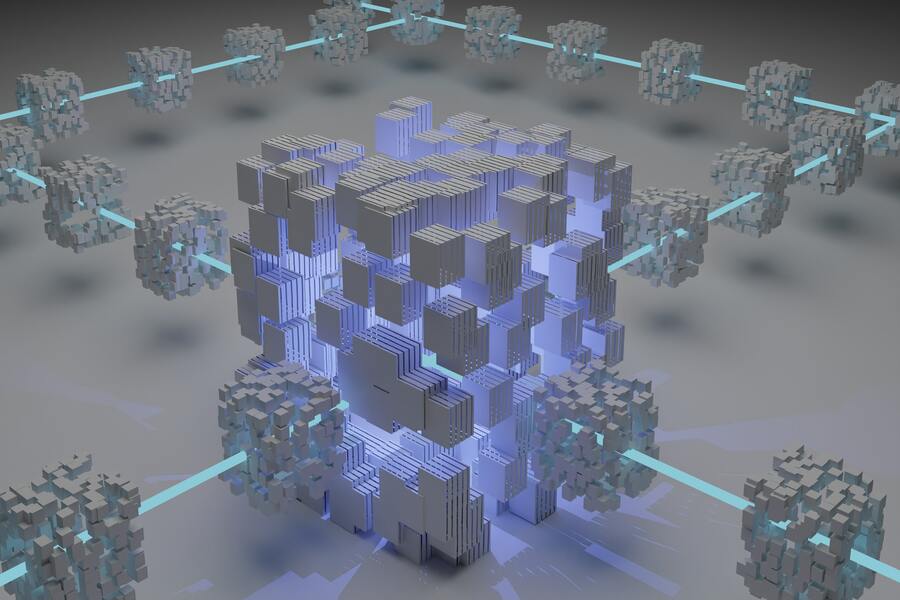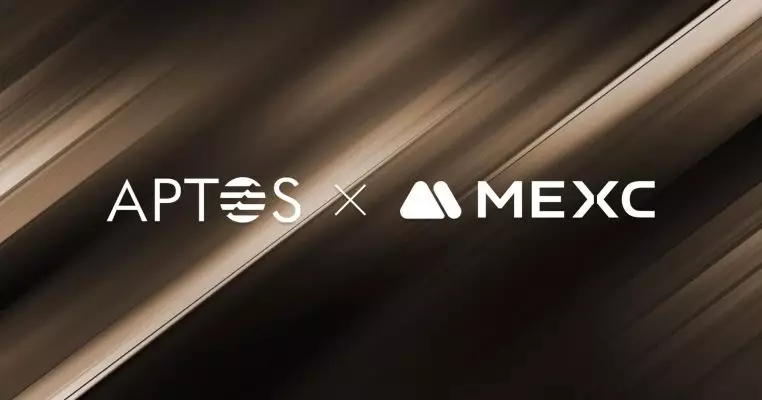There are few markets that are as cyclical and volatile as crypto. While some people criticize that, it’s one of the main reasons that other people find it so appealing. This volatility is a sign of the fact that blockchain technology is still relatively new, and it’s still finding its place in the investing world, even with the trading volumes we see every day.
Another sign of this youth is the fact that enthusiasts are still experimenting with blockchain technology as they look for new ways to implement it.
Thanks to this, we’ve seen a whole host of different inventions, including NFTs, cryptocurrencies, initial coin offerings, De-Fi, dApps, and smart contracts. Of course, they’ve been executed with mixed results, but there are some incredibly successful examples, including bitcoin, the Bored Ape Yacht Club, Ethereum, and Ark.
Another example of blockchain technology being used for a novel and exciting purpose is in blockchain gaming. But what are these blockchain games, how do they differ from traditional games, and should you spend any time on them?
What Are Blockchain Games?
Blockchain games are, as the name suggests, games that run on the blockchain. They incorporate NFTs into the gameplay in some way, usually as a system for gathering collectibles. Others use NFTs to sell and distribute in-game land to players in a similar way that you have a title deed for land and property in the real world.
The NFTs can then be traded among players or just simply collected as a way of showing off your dedication and success. Because of this ability to unlock or “earn” these in-game NFTs as you play and then sell them for cryptocurrency, some of these games have been called “Play-to-Earn” or PTE games.
Successful examples of crypto games include Gods Unchained, CryptoKitties, and The Sandbox, though there are plenty of others.
Why Do Blockchain Games Exist?
Blockchain games exist for several reasons, but the main one is the same as why any new games are created – because players enjoy variety and are always looking for new and exciting.
We can see examples of this everywhere. In the world of online casinos, developers have been adding new features to traditional card games like blackjack for years. One of the most popular examples is insurance, which creates a new dynamic for the game as players have a new strategic element to consider while making their decisions.
Insurance is a side bet that can be used whenever a player sees the dealer has an ace as an up card. It is essentially a wager on the dealer having blackjack (jack and ace), which can’t be beaten with any other hand.
There are also plenty of instances of this in video games. Grand Theft Auto Online continues to attract huge numbers of players because Rockstar is continually developing new content, missions, and in-game items for people to enjoy.
Blockchain games and the NFT items they offer to players are just another case of this.
Are Blockchain Games a Fad or the Future?
Without a crystal ball, it is impossible to say whether blockchain games will enjoy a lot of longevity or fade away into insignificance in the next few years.
There are signs hinting that both cases are possible, sometimes in a single game.
CryptoKitties was one of the first blockchain games to gain any sort of following. After its launch in November 2017, it congested the Ethereum network just a month later. Demand for CryptoKitties has remained high, though not always setting record highs, and, at one point, accounted for a quarter of all Ethereum traffic.
With Ethereum transactions’ overhead so high, there are plans to transition CryptoKitties to the Flow blockchain to help speed up the game.
However, CryptoKitties has problems too. A detailed study published by Zin-Jian Jiang and Xiao Fan Liu found that a widening wealth gap inside the game, decreasing incomes from the trading of NFTs, and this slow speed caused many players to abandon the game.
Their paper recommended future blockchain game creators need to address these problems if they want to create successful titles that will have longevity.
Whether they can or not is another question; only time will tell what the future has in store for blockchain gaming.
Featured Images: unsplash.com



